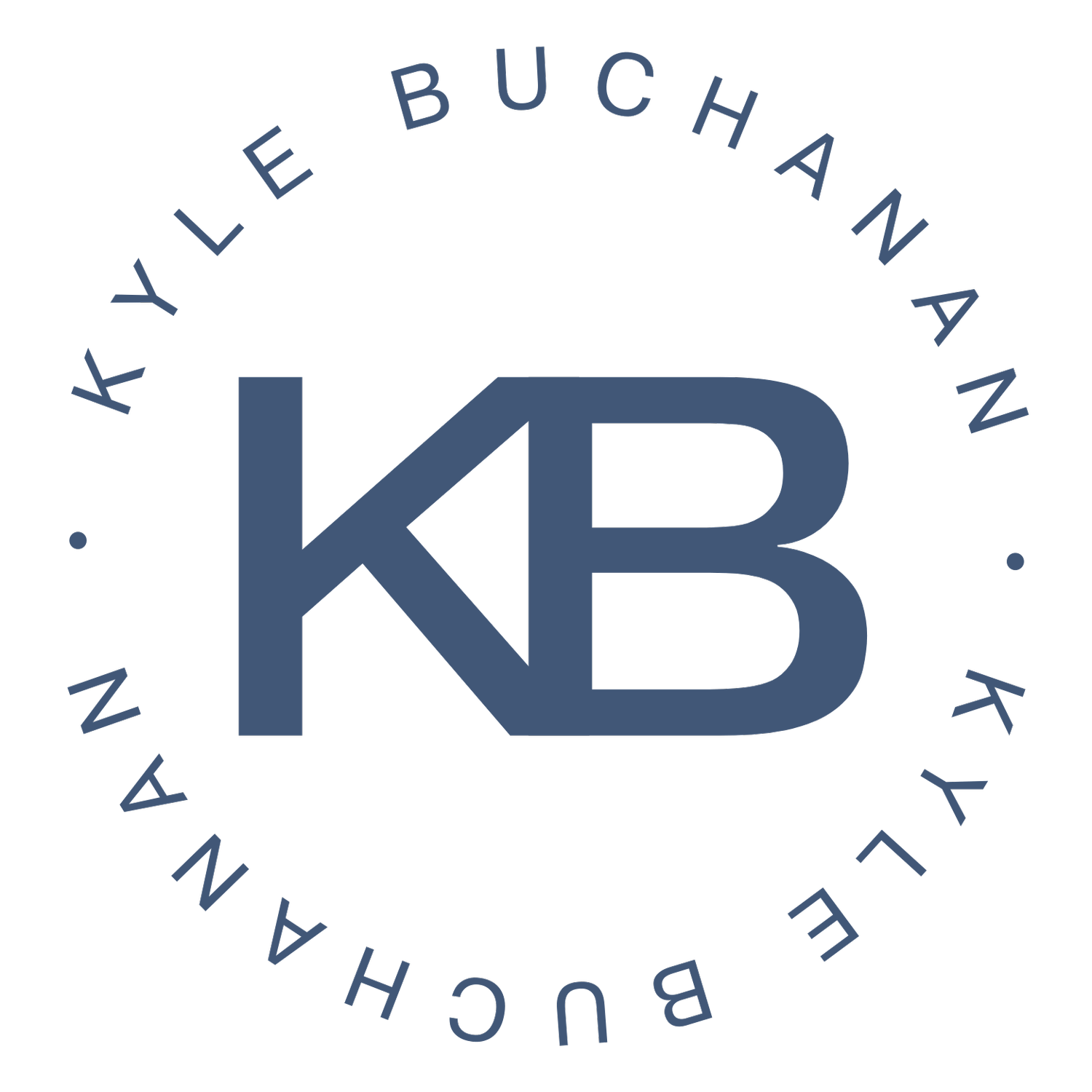What's the Deal with Probiotics?
Maybe by now you’ve heard of the term “probiotic,” maybe you haven’t. Maybe you’ve even taken some at some point, or maybe you take them on a regular basis. Or maybe, just maybe, you’re getting tired of me using the word maybe.
Probiotics are one of the fastest growing lines of supplements, but for those who are unclear as to what they are or why you should consider taking them, this article is for you.
We’re more bacteria than we are human.
Gross, but keep reading. The number of bacteria we house in our body (high trillions) greatly outnumbers the human cells we have. The exact ratio isn’t determined, some say it’s 10:1, others say it's less: regardless, there are more bacteria than human cells.
The term “microbiome” refers to the collective bacterial universe that lives within each of us. We have both good and potentially harmful bacteria living in us at all times. In good health, the good bacteria far outnumber the bad guys, and keeps them in check. Happy, healthy bacteria = happy, healthy you!
Problems arise when for one reason or another, the bad guys start outnumbering the good ones. Why would that happen? There are many reasons, including repeated antibiotic use (yeast infections anyone?), alcohol-abuse and an unbalanced (crappy) diet. The list of potential problems (ranging from infection to digestive pain to skin rashes) are long enough that I'd have to write a separate post...
So what ARE probiotics?
Simply put, probiotics are good bacteria (and sometimes yeasts) you ingest that positively impact your health.
Why are probiotics something you should take?
An amazing way to get probiotics is by eating fermented foods; things like sauerkraut, miso, kimchi, tempeh, etc. A hundred years ago, our ancestors ate TONS of fermented foods every day, as people fermented their foods to preserve them in order to have food all year round, especially during the winter months.
Fortunately, nowadays we have access to fresh food on a daily basis, which is great! But this also means that we’re no longer getting a daily dose of the good bacteria that used to be in our diets!
ADD to that our increased exposure to way more crap than our ancestors had to deal with (toxins, pollution, plastics, preservatives, yadayadayada); crap that negatively affects our good bacteria! AND we’re putting LESS good bacteria in us!! It’s a really unbalanced situation we have going on...
So unless you're eating a healthy serving of fermented foods on a daily basis, a probiotic supplement might be worth the money.
Here are just SOME of the benefits of probiotics
Improve Digestion
Reduce Bloating
Help produce vitamins in the body, notably vitamins B and K used for energy, proper nerve function and calcium distribution in the body, among others.
Improve eczema in both children and adults.(1)
GREATLY reduce symptoms of IBS (Irritable Bowel Syndrome) (2)
Improve acne (3) and contribute to youthful, glowing skin (4)
Reduce colds!! Feeling sick? Children who supplemented with probiotics shortened the duration of a cold by 30%. (5)
Improve mental health. (6)
Physically protect the gut (think of our good bacteria linking together protecting the lining of our intestine).
Aid in weight management: the studies are not completley clear on this, but more research is showing that the bacteria of obese individuals are markedly different from lean individuals (7).
A note on antibiotics:
Antibiotics kill the bad, but they also kill the good. Even one round of antibiotics can have lasting damage on the diversity of the microbes living in our gut (8). BUT, antibiotics do have their place, as long as they’re not overprescribed and overused.
If you do have to go on antibiotics, be sure to take probiotics during treatment (4 hours away from the antibiotics), and following treatment for at least 6 months, if not indefinitely. Going on antibiotics without the use of probiotics can lead to yeast infections, candida overgrowth, diarrhea or constipation, stomach discomfort, skin rashes and the list goes on!
“But I eat yoghurt!”
Alright, I know that we’ve been led to think that yoghurt contains probiotics and it's true, yoghurt does contain them. My concern is that normally, yoghurt is loaded with sugar, and many people don’t do well with dairy anyhow! There’s also an insufficient amount of probiotics in most yoghurts. If you’re opting to do solely food-based good-bacteria, I’m a bigger fan of sauerkraut, kombucha, miso, etc, and not commercial yoghurts.
What to do now:
Increase your fermented food intake.
Realistically, if you’re not going to be increasing your fermented foods anytime soon, invest in a probiotic. Probiotic dosing is in billions, so aim for around 10-30 billion per day (normally that’s the equivalent of one capsule depending on what you buy). When you go to the health store, ask for some assistance in picking the right one for you. This is the one I'm currently taking if anyone's curious!
Side note: if you’ve never taken a probiotic before, just know that at first you might experience some slight bloating as all that good bacteria get introduced. This will subside.
Increase your fibre intake! Vegetables, fruits, seeds like chia and flax - all are wonderful sources of fibre that serve as food for your good bacteria.
Avoid overdoing it on the booze ;)
Last thing -- always take probiotics with food!
Be good to your bacteria. Stay well!

